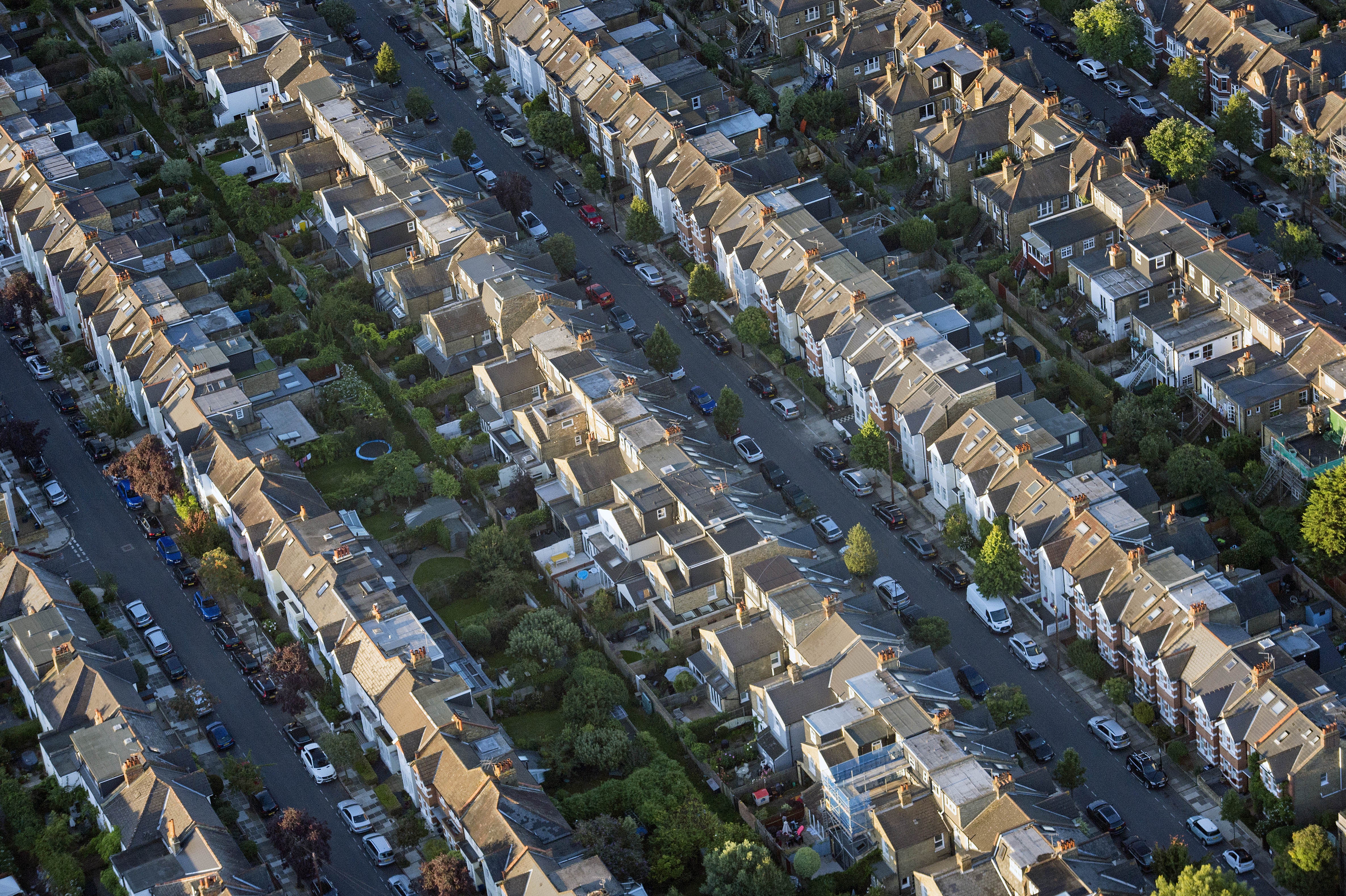Young people can’t afford to buy their own home – but it’s nothing to do with Netflix
Recent opinion polling tells us that an awful lot of Britons simply don’t understand the economics of housing, writes Hannah Fearn


Why can’t you buy a house? Half of baby boomers apparently believe the “luxury” lifestyle of millennials is trapping them in shared housing and extortionate private rents, according to researchers at Kings College London.
Lattes in the morning, paying for a mobile phone (hardly a luxurious life choice), Netflix subscriptions and foreign holidays are all blamed for preventing young people saving enough to put down a deposit for their first home. Happily, this time avocados went unmentioned.
Before you burst an artery, the Intergenerational Foundation has crunched the numbers to put a stop to this irrational thinking: the average deposit in the UK is now more than £57,000 – £74,000 if you’re buying alone – and reaching £130,000 for properties in London. Netflix costs £6.99 a month. It would take 700 years of saving that sub to raise a deposit.
If only half of baby boomers think this way, it must be the half who either do not have young adult children or are lucky enough to have sufficient family wealth (generated through house price inflation, natch) to have insulated their own. For clarity, young people already spend the greatest portion of their earnings on essentials such as food and utilities out of any age cohort and, ironically, their primary outgoing is housing costs.
As rents continue to rise, home ownership edges further out of reach. This is happening at a time when the long-term effects of the pandemic have set the wider economy on an unforeseen trajectory.
Though we have high employment and record job vacancies, wages are sinking. Meanwhile, inflation is soaring and the cost of living crisis is diminishing everyone’s chances of making savings. The relationship between employment and earnings has also been severed; there is no longer fair reward for fair work. That moral expectation is long since lost. Even the gig economy, where some young people were able to make extra income, is now in decline as personal budgets contract after the pandemic. In short: younger people are further away from the housing ladder than ever.
So this opinion polling doesn’t really tell us anything useful about housing. But it does tell us how much the section of the electorate most likely to vote understands about the economics of housing. Which is, not a lot. In that sense, it is helpful. Why else would the government be positing such useless policies for addressing access and fairness as its latest wheeze: the right to buy for housing associations?
As long ago as 2015, I described this as “the idea that won’t die”. Seems I was right, as, despite David Cameron’s complete failure to get a coherent, workable policy on this off the ground, Boris Johnson’s rambling speech attempted to resurrect it for another go. In another sense, however, I was wrong; this is a policy doomed to failure and will never find its way off a white paper onto statute. Thank goodness.
The flaws in the policy are so obvious that pointing them out makes this column seem simplistic, but the lack of sophisticated policy-making in government today is worth noting. Very few tenants will qualify for the product, even despite promising to change the rules to allow benefits to be counted as income when checking mortgage suitability. (Margaret Thatcher famously allowed housing benefit payments to “take the strain” of the housing crisis in the 1980s, leading to rapidly inflating private sector rents paid for by the state and an accompanying shrinking in the availability of social housing. Look where that led us.)
Housing associations will also have to be convinced this policy is in their best interests. Like the last time this was discussed, the government desperately needs housing associations to keep developing new homes – both new social housing and properties for sale. What motivation will they have if their portfolios are immediately raided by new buyers?
To keep up to speed with all the latest opinions and comment, sign up to our free weekly Voices Dispatches newsletter by clicking here
Those two objections are mutually exclusive, of course. That only makes clear that this empty vessel policy was never supposed to actually improve access to decent or stable housing, but serve as a piece of electioneering, dressing the windows to disguise the chaos hidden behind the glass panes. He’s a fool if he thinks we can’t see right past it.
Johnson never stops campaigning, even when he’s supposed to be governing. He knows there’s a huge social crisis looming in accessing affordable and stable housing, and it’s affecting the under-35s most acutely. But he doesn’t know what to do about it and cares only about looking like he does.
Shame for him, then, that the King’s College attitudes study also revealed that all generations are well aware that it is not frivolous, luxury spending that is the prime driver behind the housing crisis, but the huge structural economic issues standing against them, compounded by bad policy from this and previous governments. The window dressing isn’t obscuring the view any longer.
Join our commenting forum
Join thought-provoking conversations, follow other Independent readers and see their replies
Comments
Bookmark popover
Removed from bookmarks